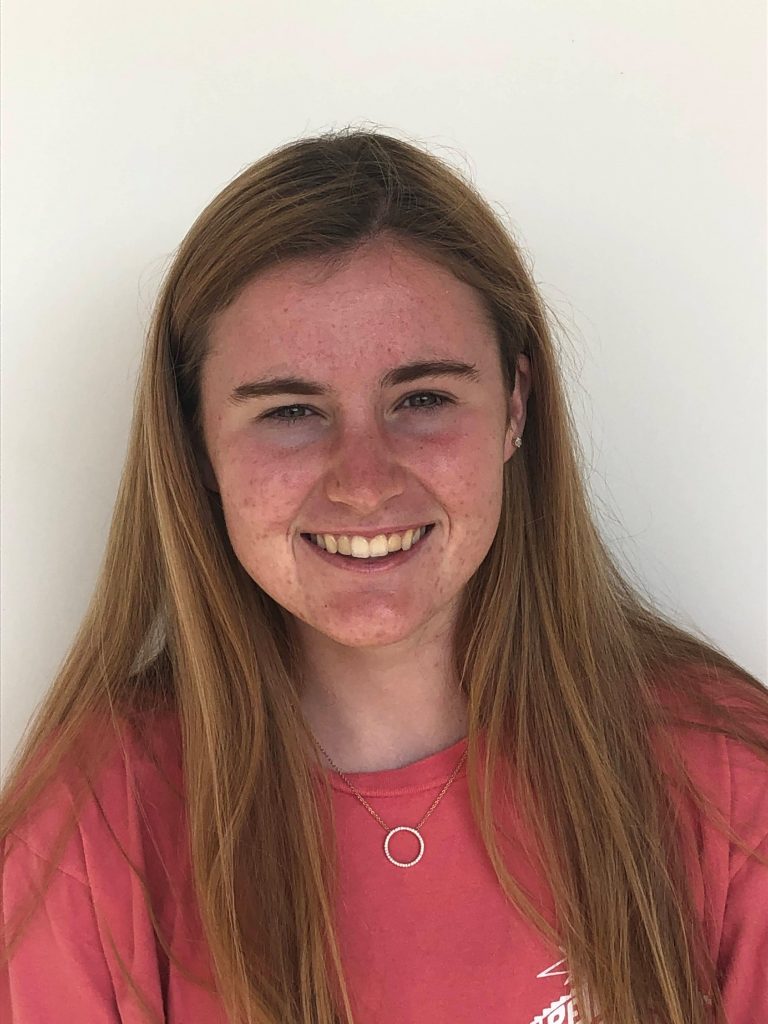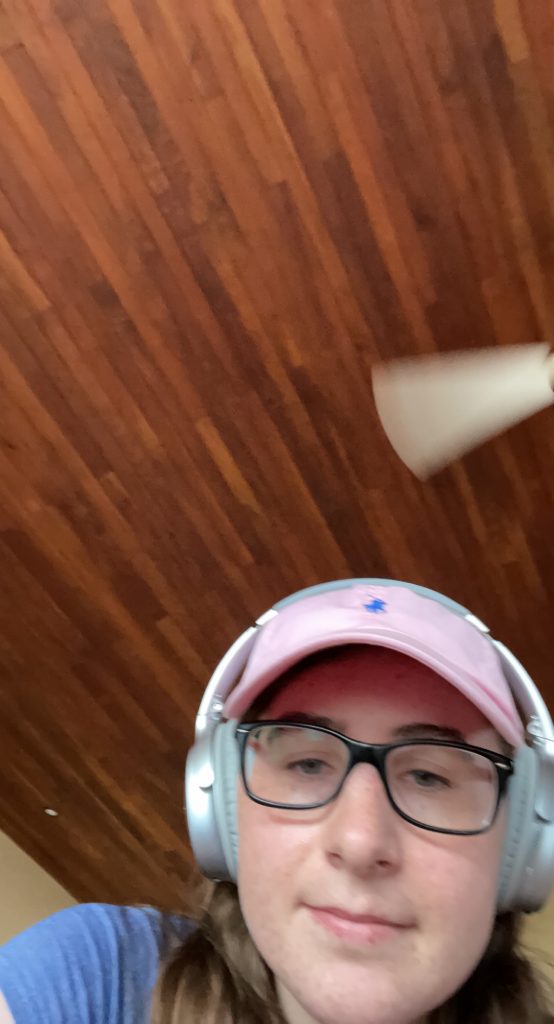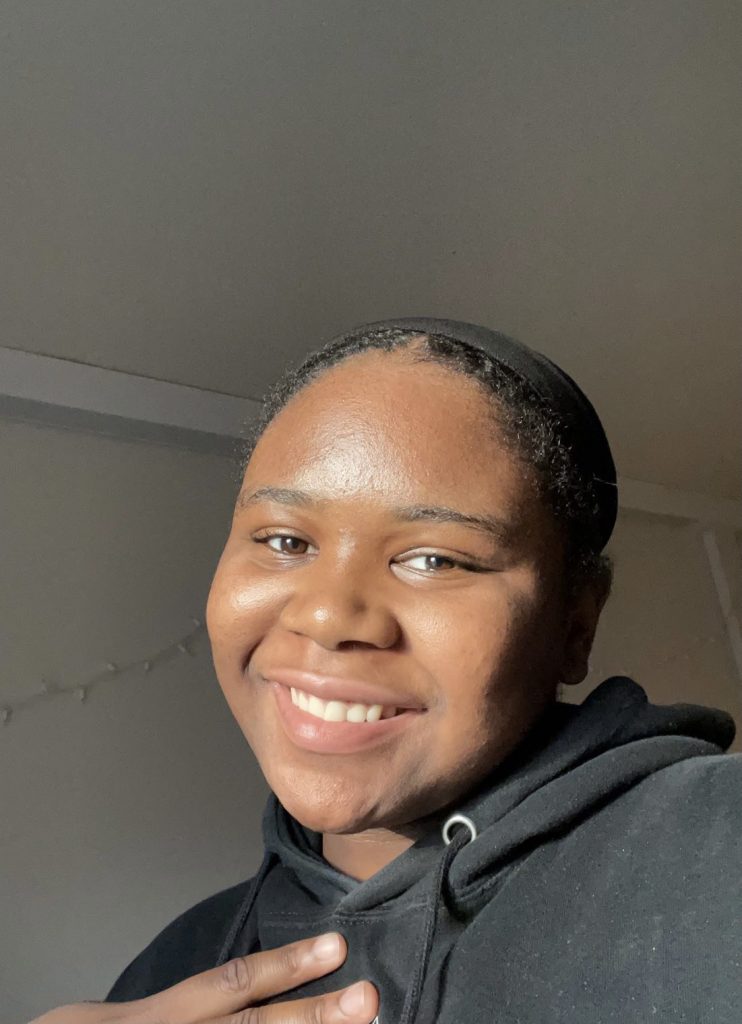Most of our interaction this summer–discussions and studio-style collaborations of the sort we would do in a classroom in a face-to-face course–will take place here using the SU Expressions platform, which is basically a WordPress-hosted blog site.
In this post, I’ll provide some explanation of
- what kind of work we’ll do here vs. what we’ll do through Blackboard
- when to create a post vs. replying to an existing post
- how to use tags and categories to keep things organized
First off, please don’t be intimidated by the platform. If you’ve used any kind of blog before, you’ll find that this one is pretty similar, and if you haven’t, you’ll find a tutorial on how to build a post on Blackboard in the Helpful Links tab.
We’ll do some practice this week to get familiar with the tool, and I suspect you’ll get pretty comfortable with it pretty quickly. If you have practical questions at any point, please let me know. If I can’t answer them, I’ll refer you to the Help Desk for further support.
So, let’s talk through the items in the list above.
Expressions vs. Blackboard
Generally speaking, we’ll use Expressions for interaction/engagement and Blackboard as a repository and a depository. Here’s what I mean:
Expressions will be for discussion and interactive work (weekly assigned prompts that relate to the reading and writing work of the course, studio collaboration on works-in-progress, and weekly overview and instructional posts from me).
Blackboard will be the place where you can find all course materials–assigned readings, assignment sheets, and handouts. I will often link these to the blog, as well, but will always have things backed up on Bb where you can locate them quickly–it’s a repository for those materials. Then, you will submit formal assignments (i.e. the major unit products of the course) through Blackboard dropboxes–so it’s also a depository.
This is a studio course–an approach to teaching and learning that presumes that learning is shared and collaborative, not simply a one-directional pushing out of content. So that means we’ll spend most of our time interacting here on the blog, and will just pop over to Blackboard as needed.
Posting vs. replying
In my weekly overview post, I’ll provide specific instructions for how to present your ideas and your responses. Here are the general guidelines:
To keep everything organized, I’ll ask you to create a post each week in which you respond to the selected prompts. Most weeks you’ll answer 2 questions. You can place your replies to both questions in the same post. You will categorize and tag this post as indicated in the week’s instructions (see below for more). This will help me to easily locate your work, so that I can be certain to credit you for it.
In most weeks, you will also engage with your classmates through the blog. Since we aren’t meeting face-to-face for conversations, we’ll have those here–you will reply to your classmates’ posts with your own comments. Again, I’ll provide detailed instructions in each week’s overview post. You don’t have all the same formatting and tagging options in replies, so we’ll use these just for times when you are “conversing” with your classmates.
In short, then, the general guideline is that you’ll present your ideas in an individual post that you build and can label as needed, and then you’ll respond/ give feedback to other people’s ideas by replying to their posts.
Using categories and tags
Categories and tags are organizational tools on a blog like this, and will help us to manage what will ultimately be hundreds of posts that we generate between us. As you can see on the blog’s home page, we have a navigation menu. That menu sorts material into usable chunks by Categories, and items are further searchable by tags. When you build a post, you will build in these elements.
We will use 4 categories–a general catch-all for informal work and then a category for each of our 3 units, as shown below.
- Discussions/Homework
- Expanding the Canon
- Research Portfolio
- Taking It Public
We will also use a few types of tags consistently: labeling work by the week it’s due, by the assignment, and by the user (your name). Doing so will make our posts searchable, so that, for instance, I can use your username tag to quickly see all of your work; or you could use the “prompts” tag to quickly locate all of my weekly overview posts.
I’ll provide you with the Category and Tag information for each week’s work, and you can build these in as you create your post. You can always edit your post to add these elements in if you overlooked something.
While interacting in a digital environment is obviously different from a face-to-face course, we can accomplish many of the same objectives–learning from one another, being mindful of the audience and purpose(s) of our communication, and pushing ourselves to think critically about what we are reading and writing. Those are all essential to the work that we do in WRT 205.








